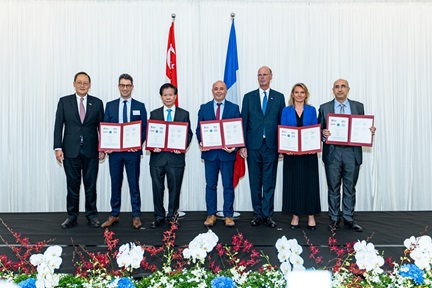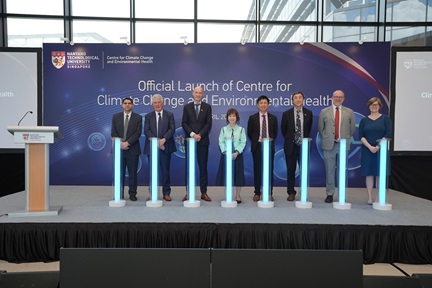NTU Singapore and Max Planck Institute of Colloids and Interfaces launch joint lab in healthcare and robotics
Nanyang Technological University, Singapore (NTU Singapore) and Germany’s Max Planck Institute of Colloids and Interfaces (MPICI) have launched a joint lab to conduct research in artificial senses and develop innovative robotics and healthcare solutions.
These include skin-like wearable devices that not only monitor health and environmental conditions through smart sensors, but also enhance prosthetic devices with ‘artificial sensing’ capabilities.
This would allow prosthetic devices to restore rudimentary sensory functions for patients who have lost certain senses such as after accidents.
Leveraging advanced materials, ‘skin’ electronics, biomedical engineering, and artificial intelligence (AI), the new Max Planck-NTU Joint Laboratory for Artificial Senses will also look into developing robotic technologies with sensory capabilities.
For example, robots equipped with sensing feedback can provide customised care by adjusting their interaction and engagement to suit the patient.
The partnership will also conduct research to extend human senses beyond their natural capabilities. This includes developing new sensory technologies that will allow users to see or hear radar frequencies or microwaves, smell infections or genetic patterns, or even sense earthquakes. Such capabilities can help, for example, safety officers detect chemical leaks in a factory, or meteorologists identify subtle tectonic movements, enabling earlier earthquake warnings.
NTU President Professor Subra Suresh, said, “NTU’s collaboration with the Max Planck Society aims to take robotics and medical technologies to the next level by combining human senses, AI and machine learning. This will be beneficial for various industries, especially for healthcare as cutting-edge medical devices could reduce misdiagnosis, and allow for customised precision medicine to deliver faster, better care to patients.
“This partnership is also a reflection of NTU’s continuous drive towards research excellence where we work closely with leading international partners to develop innovative solutions that will benefit humanity.”


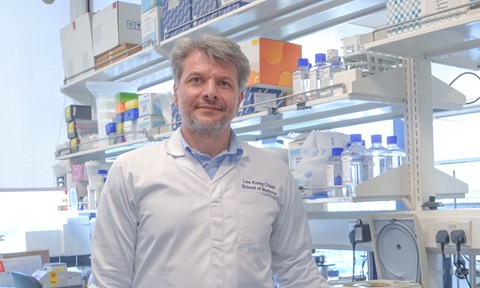
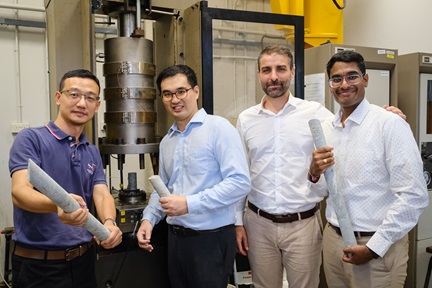
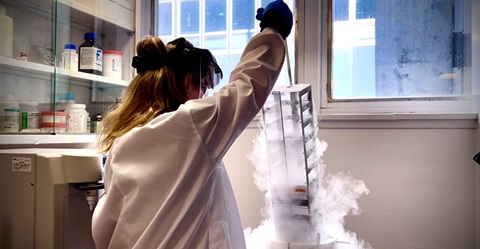
-with-minister-tan-see-leng-(right).tmb-listing.jpg?Culture=en&sfvrsn=5635d2df_1)
